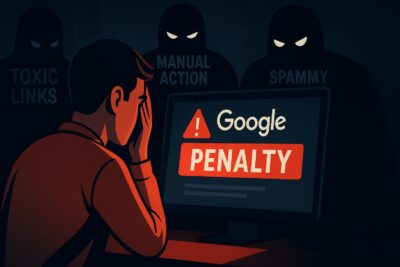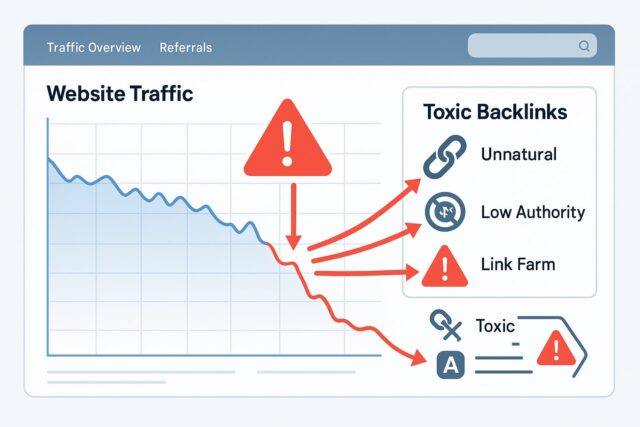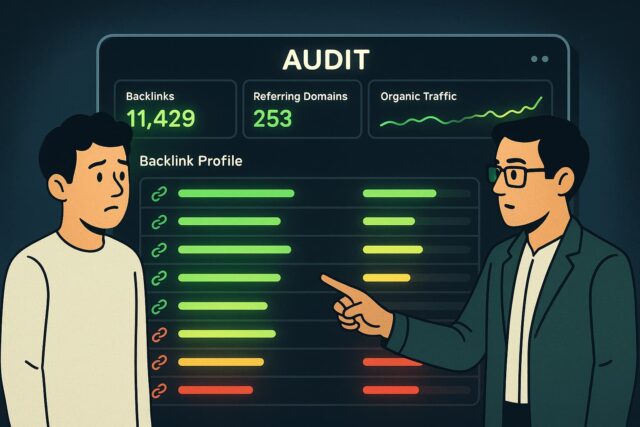Can Remote Viewing Help Read the Minds of World Leaders?
This article explores how remote viewing has accurately predicted major political events, suggesting human perception might extend beyond conventional limits.
Can Remote Viewing Tap Into Elite Minds?
In geopolitics, the sharpest edge might be intuition trained like a skill.
It sounds far-fetched — but what if human perception could actually outpace traditional intelligence? A growing number of trained remote viewing (RV) practitioners are doing just that: using mental focus to tap into unfolding events before they happen. From power struggles to geopolitical surprises, their blind sessions often surface signals well ahead of the news cycle.
What makes this even more compelling is that remote viewing is a trainable skill. Over the past three months, I’ve been using a remote viewing training app called Verevio. With daily sessions and structured feedback, it’s helped me dramatically sharpen pattern recognition, uncover blind spots in my political analysis, and sense shifts before they break publicly. Remote viewing doesn’t literally read thoughts — but trained perception can track high-level power shifts before they happen. Let me tell you more about it below.
What Remote Viewing Actually Is

It is the trained skill of describing a hidden or distant target using only the mind — no sensory input, no prior knowledge. It uses structured protocols to focus attention and extract impressions. Practitioners typically work “blind”, meaning they have no idea what the target is beforehand. This is more like mental reconnaissance, pulling subtle information from the unconscious and translating it into imagery, words, or data.
A Cold War Origin Story
Remote viewing was born during the Cold War, when the CIA and Stanford Research Institute launched secret programs to explore psychic espionage. Ingo Swann, a classically trained artist and intuitive, became one of the most studied participants. He helped develop the early protocols and demonstrated surprising results, describing distant locations and technologies with detail that intelligence officials found difficult to explain. Declassified documents now confirm that these programs ran for over two decades — with interest from military and intelligence agencies on both sides of the Iron Curtain.
Why It Matters Today
Today, a new wave of RV practitioners continues the work, focusing on emerging threats and world events. These aren’t gurus in robes; many are engineers, researchers, and former intelligence analysts. What draws them is the same question: Can trained perception access useful data faster than traditional methods? Some combine remote viewing with open-source intelligence and pattern analysis. Others rely solely on blind sessions. The targets range from economic collapses to natural disasters to political power plays.
Can It Tap Into Elite Minds?
Not quite in the way science fiction imagines. Remote viewing doesn’t decode a world leader’s exact thoughts. But it can reveal mood, intention, conflict, and direction — the emotional and strategic energy around a person or decision. One technique involves tasking viewers with a specific individual as the blind target. The viewer doesn’t know who they’re perceiving but may describe personality traits, emotional states, or behaviors. These profiles can be eerily accurate.
Confirmed Political Predictions

Below are a few examples of remote viewing predictions that appeared to match real-world events, sometimes weeks before headlines broke:
- Trump vs. Musk Feud 2025: Remote viewers foresaw a public clash between Donald Trump and Elon Musk months in advance. In mid-2025, Musk denounced Trump’s new “One Big Beautiful Bill” as a “disgusting abomination.” Trump responded with threats to revoke Tesla contracts and joked about deportation. The feud mirrored details described by RV sessions.
- Escalations in the Middle East: Viewers described missile launches from non-American naval forces targeting Iranian assets. Shortly after, reports emerged of U.K.-Israeli operations in Syrian waters. The timing and nature of the strikes aligned closely with the vision.
- Drone Swarm in Ukraine: Prior to June 2025, viewers predicted a “massive drone swarm against aircraft”. Ukraine then launched its largest drone strike to date, damaging over 40 Russian aircraft. Again, the session details and sketch were a close match.
- Zelensky Ousting Signs: One viewer declared that after a tense meeting in the White House he felt that would trigger a shift away from Ukrainian President Volodymyr Zelensky. Months later, U.S. support diminished and NATO leaders distanced themselves. Quiet pressure to remove Zelensky appeared to grow — just as predicted.
- Klaus Schwab Personality Read: A blind session targeting WEF founder Klaus Schwab produced descriptors like “goofy”, “unnatural”, and “eccentric” among other characteristics. Though abstract, many said the description matched his public persona. The viewer had no idea who the target was.
In Conclusion
Remote viewing won’t provide a direct window into the minds of world leaders — but it can offer something equally valuable: an early sense of their intentions, motivations, and the underlying dynamics shaping their moves. For us, this means gaining insights that help choose politicians more wisely. When practiced skillfully, RV uncovers information that complements traditional data and open-source intelligence. So, in a world where facts often lag behind events, trained perception could be a powerful tool.






